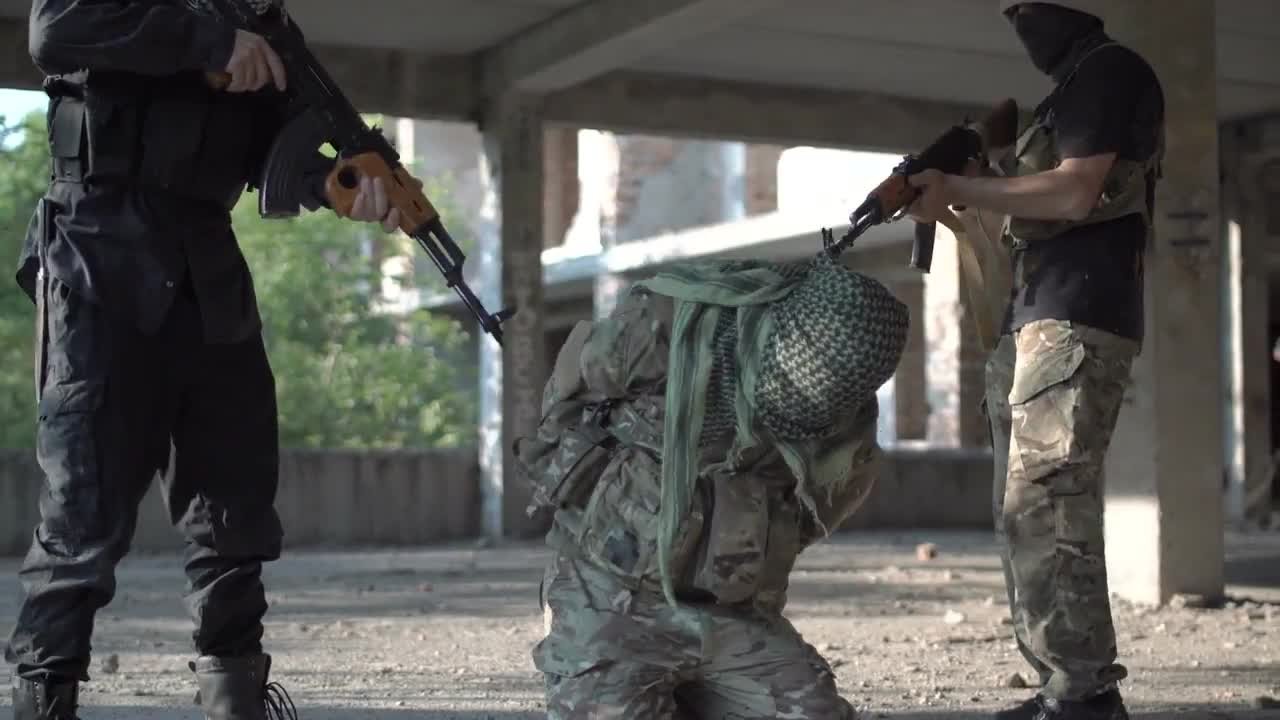### The Delicate Balance: Military Strikes and Hostage Situations
In the complex tapestry of international relations and military strategy, the use of force is a tool that nations often wield with both caution and determination. This becomes particularly intricate when addressing situations where non-state actors, such as Hamas or other militant organizations, hold hostages. The decision to employ military strikes in these contexts is fraught with moral and strategic dilemmas that demand our thoughtful consideration.
The essence of the challenge lies in the immediate instinct to protect one’s citizens and retaliate against attacks—such as those tragically involving U.S soldiers—with decisive force. This reaction is not only understandable but deeply rooted in a nation’s duty to defend its people and uphold justice. However, we must also ponder the broader implications of such actions, especially regarding their impact on ongoing hostage negotiations.
When hostages are held by groups with whom diplomatic engagement is already tenuous at best, military strikes can exacerbate an already volatile situation. These actions might indeed weaken the militant group momentarily or serve as a deterrent for future aggressions. Yet, they simultaneously risk hardening these groups’ resolve against releasing hostages or even endangering their lives further.
It’s crucial to recognize that this critique does not advocate for passivity or appeasement in the face of aggression. Instead, it calls for a nuanced understanding of retaliation’s consequences on delicate negotiation processes aimed at securing hostages’ safe return. During press briefings and interviews, diplomatic responses often emphasize direct action over negotiation complexities—reflecting an understandable prioritization of immediate justice over long-term strategizing.
However, embracing a more comprehensive approach does not mean diminishing our commitment to justice or national security; rather, it underscores our dedication to preserving life at every opportunity while still confronting injustice vigorously. It requires us to be adaptable in our strategies, integrating military precision with diplomatic finesse—a hallmark trait among conservative values which hold both strength and compassion as indispensable virtues.
Moreover, this dialogue opens avenues for reevaluating how we engage with non-state actors on the international stage—not through concessions that compromise our principles but through innovative strategies that safeguard human life while steadfastly pursuing justice.
In conclusion, navigating the treacherous waters between executing military strikes and managing hostage situations demands wisdom beyond mere tactical considerations—it requires moral clarity about what we stand for as a society committed to both security and humanity’s inherent value.
As we continue grappling with these challenges amid evolving global threats, let us remain steadfast in seeking paths that honor our deepest commitments to protecting life while upholding justice unflinchingly—an endeavor that encapsulates true strength through compassion.

Leave a Reply